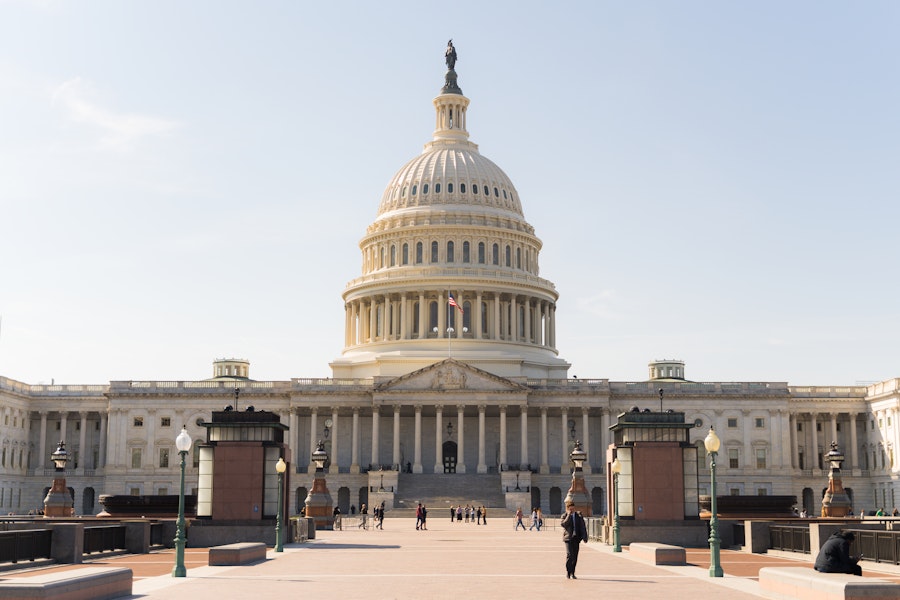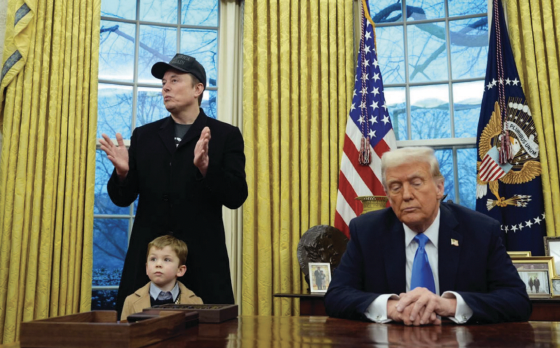
On March 1, President Donald Trump signed an executive order citing English as the official language of the United States.
While English is already the primary language spoken by Americans and is often treated as the unofficial national language, the formal recognition of English as America’s formal language carries deeper meaning.
The United States has long been celebrated as a melting pot of different cultures. Historically, America has prided itself on not being tied to a single culture, allowing people from different cultures to feel a sense of belonging regardless of their language.
Many view the decision to make English the official language of the United States as un-American, and feel that the decision is made solely to isolate immigrants.
“I think changing the national language to English is disrespectful to people who have worked hard to earn citizenship,” says senior Lizzy Secrist.
The executive order also raised concerns about the accessibility of government services for non-English speakers. This change could lead to significant problems, as without proper language access non-English speakers could face severe barriers, making obtaining government services extremely difficult.
Supporters, on the other hand, see it as a step toward unity, and see the executive order as a way to reinforce common American values.
Personally, I see the executive order as an attack on the values that have long supported immigrants and, more broadly, the core values of America. Language and immigration have always been a central topic of American political debates, however America has valued itself on being a fusion of different people, not tied to any single culture.
To me this executive order clearly undermines this belief and represents more than just a shift in language policy, but an infringement on the inclusive spirit that America has long stood for.












